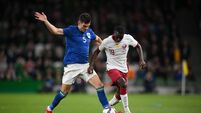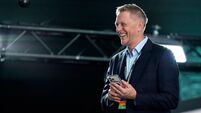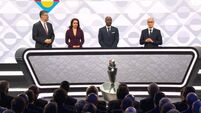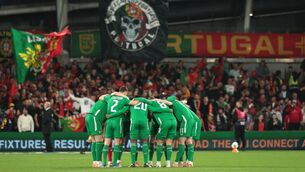John Reilly: From schoolboys soccer in Swords to a World Cup qualifier in the Caribbean
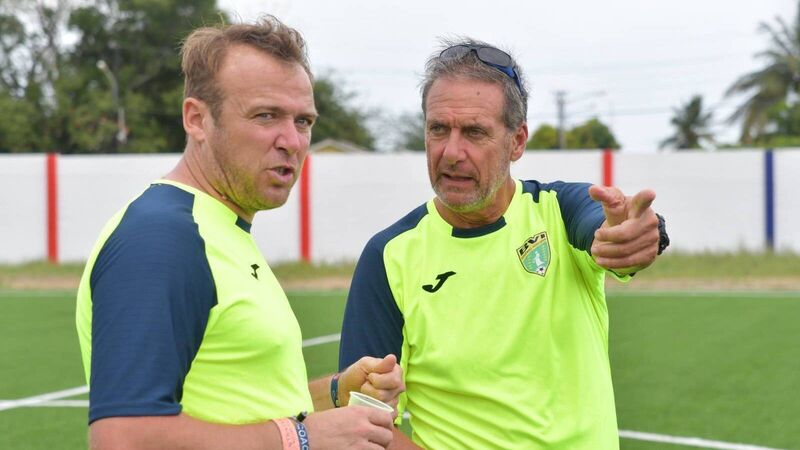
Coach John Reilly, right, with Dan Neville during a British Virgin Islands training session. Reilly hopes his story will inspire others to broaden their horizons.
John Reilly smiles when trying to narrow down his nationality.
The son of an Irish father who was born in London, moved to Dublin and now resides in the British Virgin Islands after a stint in South Africa is unequivocal in his answer.




